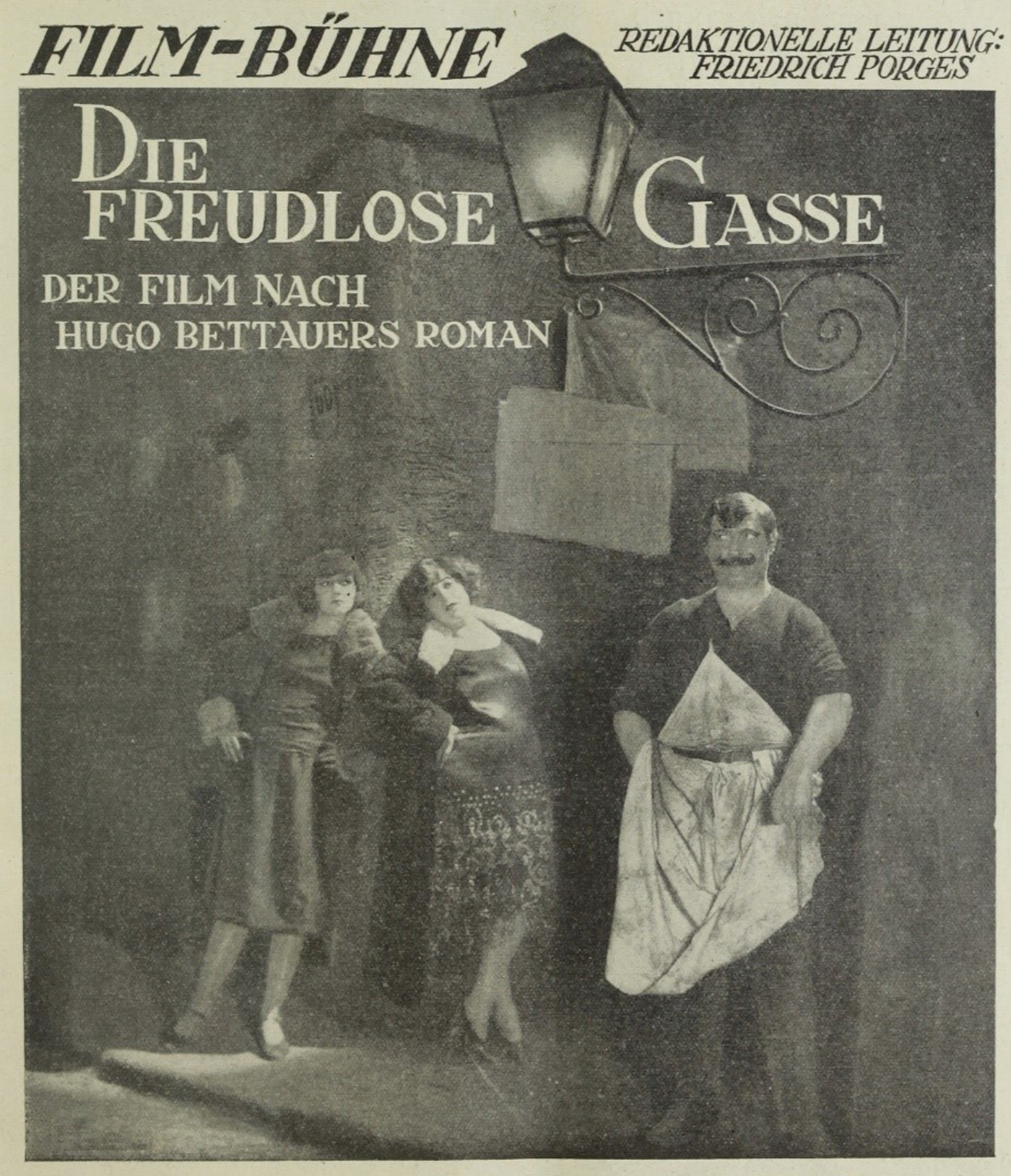
WEIGHT: 60 kg
Breast: A
One HOUR:90$
NIGHT: +40$
Services: Spanking (giving), Sex oral without condom, Travel Companion, Food Sex, Hand Relief

To browse Academia. While almost all European democracies from the s started to accord legal recognition to same-sex couples, Italy was, in , the last West European country to adopt a regulation, after a tortuous path. Why was Italy such a latecomer? What kind of barriers were encountered by the legislative process?
What were the factors behind the policy change? To answer these questions, this article first discusses current morality policymaking, paying specific attention to the literature dealing with same-sex partnerships.
Second, it provides a reconstruction of the Italian policy trajectory, from the entrance of the issue into political debate until the enactment of the civil union law, by considering both partisan and societal actors for and against the legislative initiative. The article argues that the Italian progress towards the regulation of same-sex unions depended on the balance of power between change and blocking coalitions and their degree of congruence during the policymaking process.
In the government formed a broad consensus and the parliament passed a law on civil unions. However, the new law represented only a small departure from the status quo due to the low congruence between actors within the change coalition.

Christoph Knill. Luca Ozzano. Madalena Meyer Resende. The explanation could be institutional as the fairly recent Portuguese transition to democracy dramatically changed the role attributed to the church by the former regimes. This begs the ques on: what elements explain the exceptionality of the Portuguese case? This article shows that the Portuguese case illustrates an element usually not emphasized in the literature: the ideological inclination of the church elites.



































